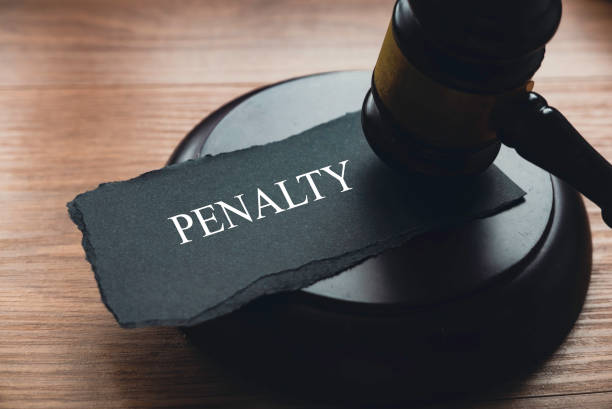Understanding DWI Penalties in Texas
DWI penalties in Texas can vary significantly based on factors such as prior offenses and the circumstances surrounding the arrest. Generally, first-time offenders may face fines, license suspension, and mandatory alcohol education programs, while repeat offenders could encounter harsher penalties, including jail time and increased fines.
For instance, a first DWI offense can lead to a fine of up to $2,000 and a possible jail sentence of 3 to 180 days, along with a driver's license suspension for up to a year. In contrast, a third offense is classified as a felony, resulting in fines up to $10,000 and a prison sentence ranging from 2 to 10 years, emphasizing the importance of legal representation in such cases.
Common Defenses Against DWI Charges
When facing DWI charges, several common defenses can be employed to challenge the prosecution's case. These defenses may include questioning the legality of the traffic stop, the accuracy of breathalyzer tests, and the officer's adherence to proper procedures during the arrest.
For example, if an attorney can prove that the officer did not have probable cause to initiate the traffic stop, the case may be dismissed. Additionally, challenging the reliability of breathalyzer results due to improper calibration or maintenance can also lead to favorable outcomes for the accused.
Steps to Take After a DWI Arrest
Being arrested for a DWI can be overwhelming, but knowing the immediate steps to take can significantly impact the outcome of your case. First and foremost, it is crucial to remain calm and refrain from making any statements that could be used against you later.
After the arrest, contacting a qualified DWI attorney should be your next step. They can provide guidance on navigating the legal system, represent you during hearings, and help you understand your rights and options moving forward, including the possibility of seeking a plea bargain or contesting the charges in court.
The Importance of Legal Representation in DWI Cases
Having legal representation is vital when dealing with DWI charges, as an experienced attorney can navigate the complexities of the legal system and advocate on your behalf. They can assess the specifics of your case, identify potential defenses, and work to minimize penalties or achieve a favorable outcome.
Moreover, a skilled DWI lawyer can negotiate with prosecutors, potentially leading to reduced charges or alternative sentencing options, such as probation or diversion programs. This expertise is crucial in ensuring that your rights are protected throughout the legal process.


